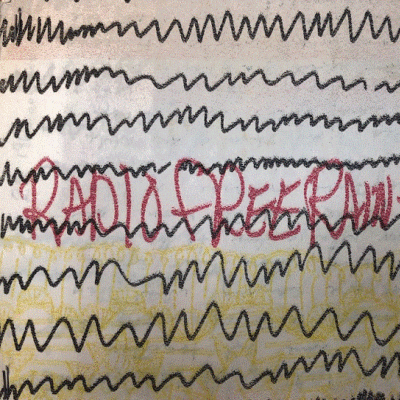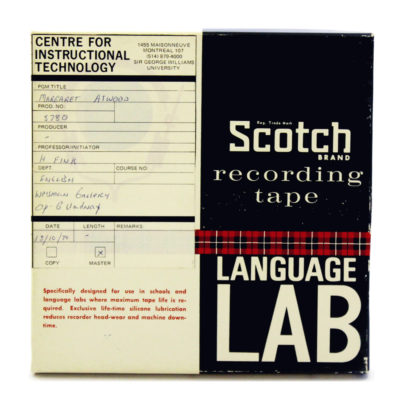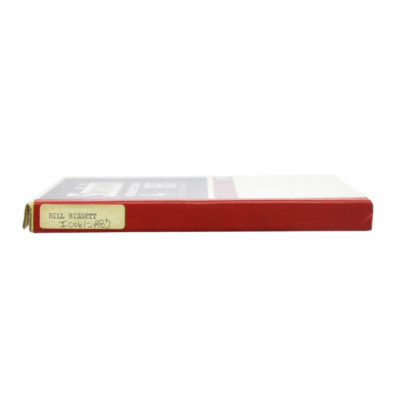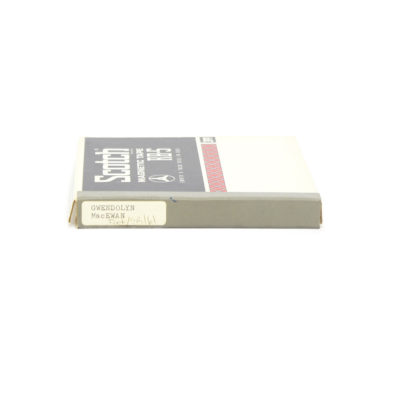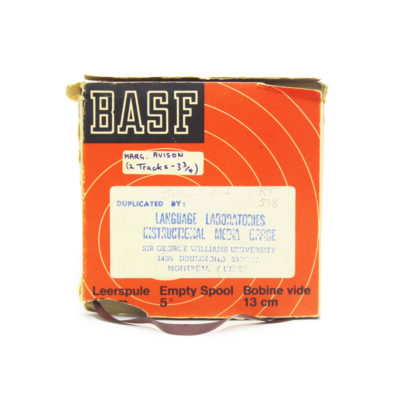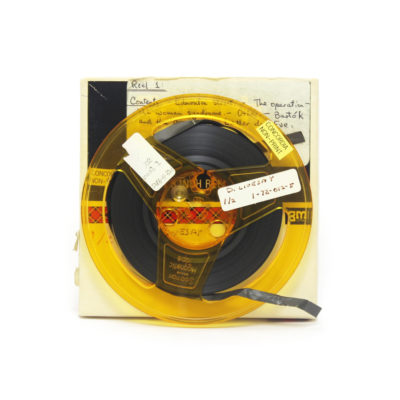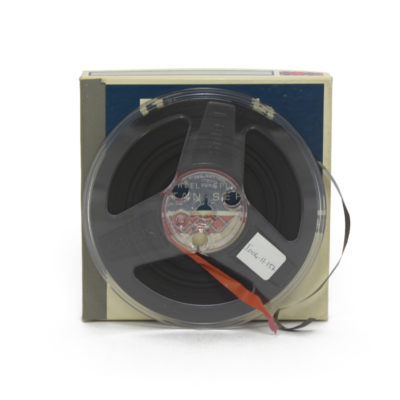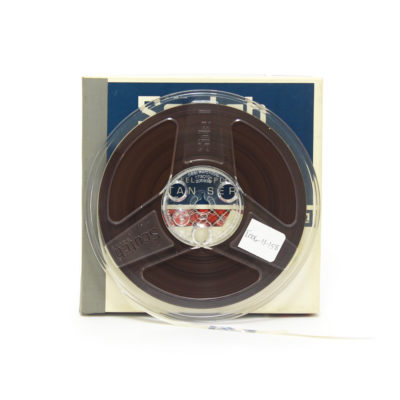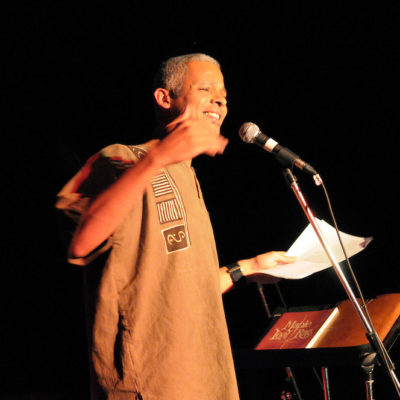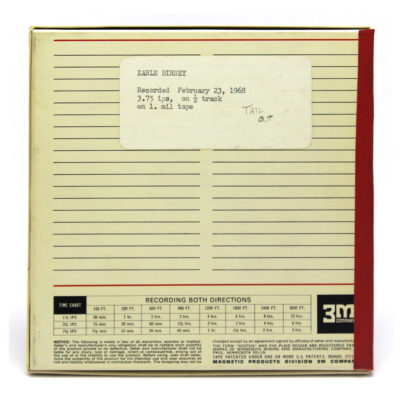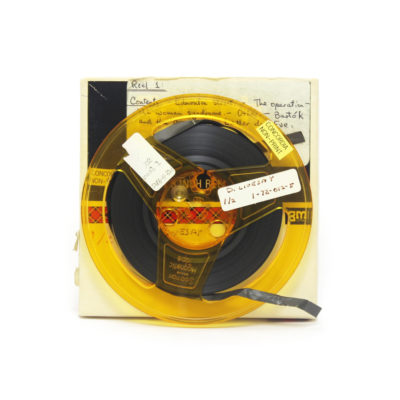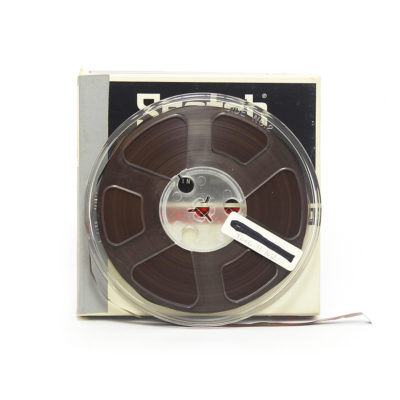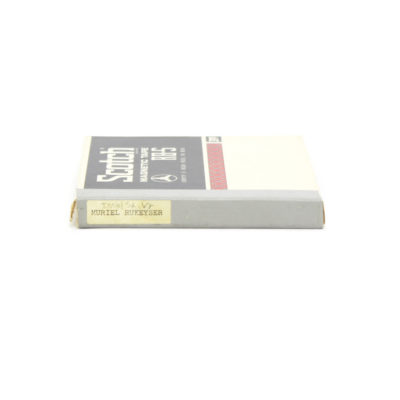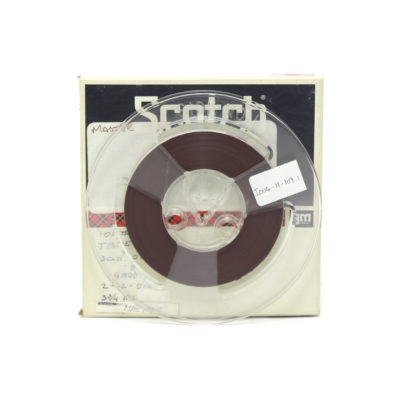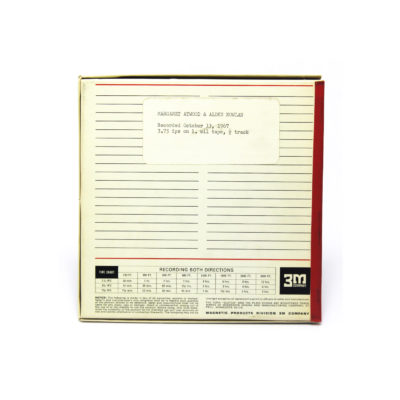How might a public dialogue between three modernist poets in 1978—about poetry written in the 1930s and 1940s—remain relevant to thinking about the conditions of Canadian literature today? Dorothy Livesay, Anne Marriott, and Irving Layton, as we have explored in Take 1 and Take 2, examine the shifting relationships between politics, nation, and poetry that are foundational to understandings of what constitutes ‘modernism’ in Canada during these periods.
SpokenWeb
SHORTCUTS
Featured Post
ShortCuts: TAKE 3 – The Politics of Literary Modernism
November 21, 2023
Teddie Brock
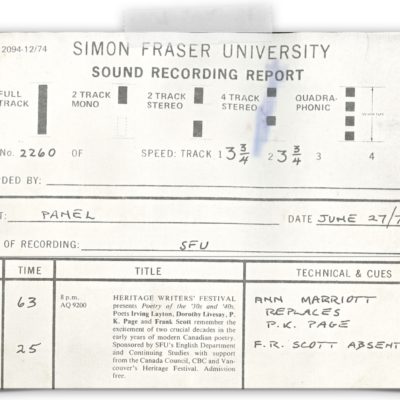
How might a public dialogue between three modernist poets in 1978—about poetry written in the 1930s and 1940s—remain relevant to thinking about the conditions of Canadian literature today? Dorothy Livesay, Anne Marriott, and Irving Layton, as we have explored in Take 1 and Take 2, examine the shifting relationships between politics, nation, and poetry that are foundational to understandings of what constitutes ‘modernism’ in Canada during these periods.
This post is the second of a three-part series by Teddie Brock, all based on a 1978 panel discussion with Dorothy Livesay, Anne Marriott, and Irving Layton, as recorded on audio preserved at the Simon Fraser University Archives. Check back on SPOKENWEBLOG for the next installment of this close listening to the archives as they […]
LIVESAY: “But in the 30s there were absolutely no readings… I—we were much too embarrassed or shy even to read to each other. Everything was the printed word. And that is why the magazine was such an important thing… Poets were working together to produce a magazine, and to try and get an audience for […]
ShortCuts on SPOKENWEBLOG is a series of critical commentaries about short clips selected from audio collections across the SpokenWeb network. This post introduces a three-part series by Teddie Brock, all based on a 1978 panel discussion with Dorothy Livesay, Anne Marriott, and Irving Layton, as recorded on audio preserved at the Simon Fraser University Archives. […]
In this ShortCuts blog post, podcast producers Kate Moffatt, Kandice Sharren, and Michelle Levy have selected an audio clip from a Mavis Gallant’s reading in which she spontaneously provides contextual information during her reading, and they have reflected upon how the experience of a ‘footnote’ can differ in print and audio formats.
As the inaugural ShortCuts blog post, SpokenWeb RA Nina Fesenko selects a clip from Simon Fraser University’s Gerry Gilbert radiofreerainforest Collection and guides listeners through it. While listeners to radiofreerainforest will know that this radio program is no stranger to the bizarre, Gerry Gilbert and Billy Little’s reading of Lewis Carroll’s poem, “You Are Old, Father William,” is a reminder of what makes the bizarre so great...
The audio clip for this Audio of the Week is introduced by SpokenWeb RA Emma Telaro. Read about what caught Emma's attention while she listened to a recording of a reading by Margaret Atwood that took place in a hot and crowded art gallery at Sir George Williams in Montreal on October 18, 1974.
I’ve been listening to recordings of The Words and Music Show for almost a year now. There are no shortages of standout performances in the collection, but every so often I’ll encounter something that catches me off guard with how much it resonates with the world around me in that moment of discovery.
In this week’s Audio of the Week clip from PennSound, a partner affiliate of the SpokenWeb research network, we hear a televised reading of bill bissett chanting and reading from his then upcoming book Sailor (1978) on Vancouver’s CKVU-TV (now CityTV) show “The Vancouver Show” in early September 1978. By listening to the clip, you will gain an aural glimpse into bissett’s life following accusations of pornography against his work in the House of Commons.
In this Audio of the Week, you are listening to the voice of poet Gwendolyn MacEwen reading in Montreal on November 18, 1966. The reading took place at Sir George Williams University (now Concordia) and it was a joint reading with Phyllis Webb. After an introduction by Roy Kiyooka (an excerpt of which is the first Audio of the Week) Webb reads, followed by MacEwen.
This Audio of the Week features Margaret Avison reading “Thaw” on Friday January 27, 1967, at Sir George Williams University (now Concordia). “Thaw” is a poem that feels right for this spring day – when patches of snow are melting beside tulip buds sprouting up from the ground. But, this year, the arrival of spring feels bittersweet. At the time when we are usually released from the solitude of winter, we have been forced into self-isolation by the spread of the virus COVID-19. For now, we stay at home and stay apart.
A previous Audio of the Week featured one of Livesay’s most song-like poems “The Unquiet Bed” and this Audio of the Week features another musical poem by Livesay from that same reading in Montreal on January 14, 1971. The poem is “Bartok and the Geranium,” a poem that is often anthologized and, in fact, you may have studied it in a course on Canadian poetry. But do you know how Livesay wrote it? In this Audio of the Week, along with hearing the poem, you will hear Livesay telling her own story of how the poem began.
When listening to one recording from the SGW Poetry Series (1966-1974), it can be hard to hear its place amid the reading series as a whole. One can visualize its place on a list or on a calendar but it can be harder to sonically hear the seriality itself, except when someone on the recording, most often the host, refers to the previous or following reading. For this Audio of the Week, as we near the end of 2019, I have selected two clips from December readings in which there are announcements for the next readings in January.
As I listened to December readings from various years in the SGW Poetry Series - to mark the end of this year, 2019 - I started exploring the reading by Daryl Hine. At first, I considered selecting his reading of the final poem, “The Trout,” but then I noticed something else: a note for one timestamp (00:42:19) indicating that Hine introduced and read “an unknown poem.” As I listened to his introduction, I realized that he was preparing the audience for the now-famous poem “Point Grey,” which, at the time of this reading, was not published. In fact, the introducer of Hine at the start of the reading mentioned that Minutes, the collection that contained “Point Grey,” would be published in 1968.
Daphne Marlatt starts her reading with poems from Vancouver Poems (1972), a deeply local collection that she had not yet published when this reading took place at Sir George Williams University (now Concordia) in Montreal. She tells the audience that she will explain the local references as she goes along, starting with the first poem that refers to Lost Lagoon in Vancouver’s Stanley Park. What Marlatt could not have anticipated is that the poems would become pathways to revisit the city when republishing many of them years later in Liquidities: Vancouver Poems Then and Now (2013).
As the first Audio of the Week to be selected from The Words & Music Show collection, this clip features poet Kaie Kellough. Kellough’s voice has been recorded many times throughout the past twenty years of Montreal’s Words & Music Show, a monthly cabaret of spoken word, poetry, music, and dance, established and organized by poet and musician Ian Ferrier. The recordings of these shows have now been digitized and catalogued by SpokenWeb researchers at Concordia University. During the digitization process, student research assistant Ali Barillaro noticed that this performance by Kellough stood out from the rest. As Kellough starts to introduce his reading, a pre-recorded voice slowly mixes with his live words. Where, then, does the introduction end, and where does the reading begin?
After reading for about eleven minutes, Earle Birney pauses to ask if there is any water to drink. There is a glass and a pitcher (audibly present) but nearly empty, and thus the evening’s host George Bowering heads out into the hallway to find Birney a cold beverage. This interlude of extra-poetic speech reveals that, despite it being mid-February, the room temperature feels more like summer and, more importantly, the humourous nature of the extra-poetic speech attunes the listener to the sociality as well as to the poetry.
Dorothy Livesay’s poem “The Unquiet Bed” has appeared on the pages of many Canadian poetry anthologies, but what cannot be heard fully on the page is the sound of this poem as a ballad. It is an “unquiet” poem. The refrain – “The woman I am / is not what you see” – suggests that both the speaker and the poem are not what you see, though perhaps they are what you hear.
During her introductory remarks (featured in last week’s Audio of the Week), poet Muriel Rukeyser asks the audience not only to raise their hands if they’ve ever written a poem but also to reflect upon what drives people to attend poetry readings in the first place. She speculates that people come and listen to poems because of embodied elements – the breathing, the heartbeat, the rhythms – and because of something else that is created while sharing a poem together. In her reading, there are poems in which one is acutely aware of being together, listening, even while listening to the recording. This poem is one of them: “Anemone” (The Speed of Darkness, 1968) – a poem that enacts Rukeyser’s opening remarks by making the room at once oceanic and intimate, and by saying to the listener: “You are here.”
In her opening remarks, poet Muriel Rukeyser asks her audience to raise their hands if they have ever written a poem. We hear a murmur and bits of laughter and, presumably, hands are raised. She thanks them, explaining that she has begun asking every audience this question and that “there's always the moment of silence, and looking around first, and generally, quite slowly, almost all the hands go up.” Before reading a single poem, she manages to create a community of listeners and of poets. As Jane Malcolm has argued, if Rukeyser’s goal is “to occupy the room with poetry,” then, even without knowing how many raised their hands, “we are now listening to a collective, to one mere poet in a room of poets.” We start to hear the room as collectively invested in the questions of what a poetry reading is and why poetry readings as live events are worth seeking out – questions that we may also ask ourselves while seeking out and listening to these recordings today.
After reading for about 45 minutes, BC poet Maxine Gadd invites host Richard Sommer to improvise on her flute to the poem “Shore Animals.” Starting with the negotiation between Gadd and Sommer about what to read and how to perform together, a process that constitutes its own audible improvisation, this clip includes the first two minutes of a six-minute improvisation, which ends with a crescendo into a raucous shout. Their improvisation is a singular moment when an audience member formally performs in the SGW Poetry Series. Though, at the same time, this recording reminds listeners that the audience is always present – ready to improvise, interject, and even interrupt – and that the audience is also what we are listening to as archival listeners.
The last Audio of the Week featured Roy Kiyooka introducing Phyllis Webb and explaining what the SGW (Sir George Williams) Poetry Series attempted to achieve through its programming of Canadian and American poets from 1966-1974. In this week’s audio clip, Atwood first explains the illness haunting her voice and then starts her reading with the ghostly poem, “This is a Photograph of Me,” also the first poem in The Circle Game (1966). Despite its matter-of-fact title, this poem presents not a clear picture but rather a blurred trace of a haunted voice: “The photograph was taken / the day after I drowned.” Before her rise to celebrity (evident when Atwood reads again at SWGU in 1974), here is Atwood in 1967, at the start of her career, telling the reader and listener that this photograph-as-poem is a representation of me. But who is speaking? Listen closely, and “eventually / you will be able to see me.”

